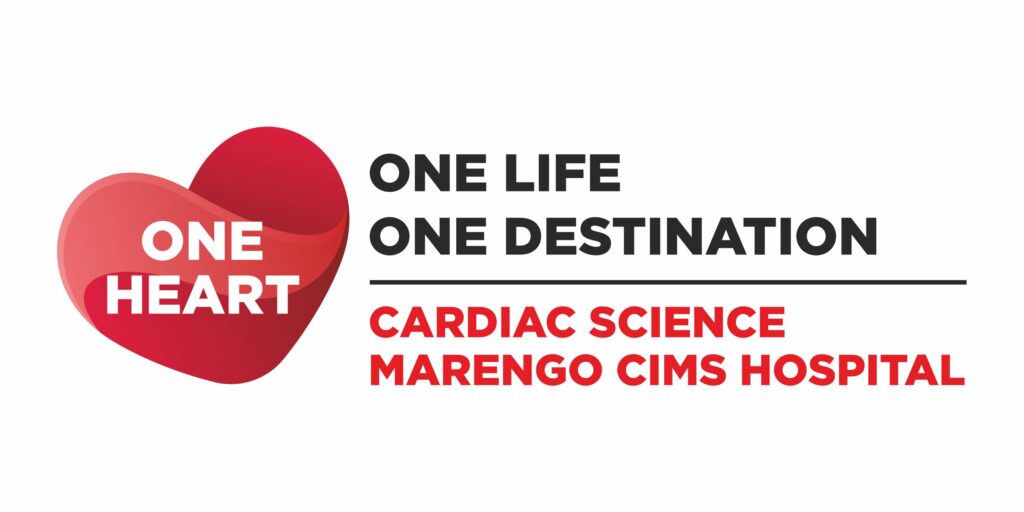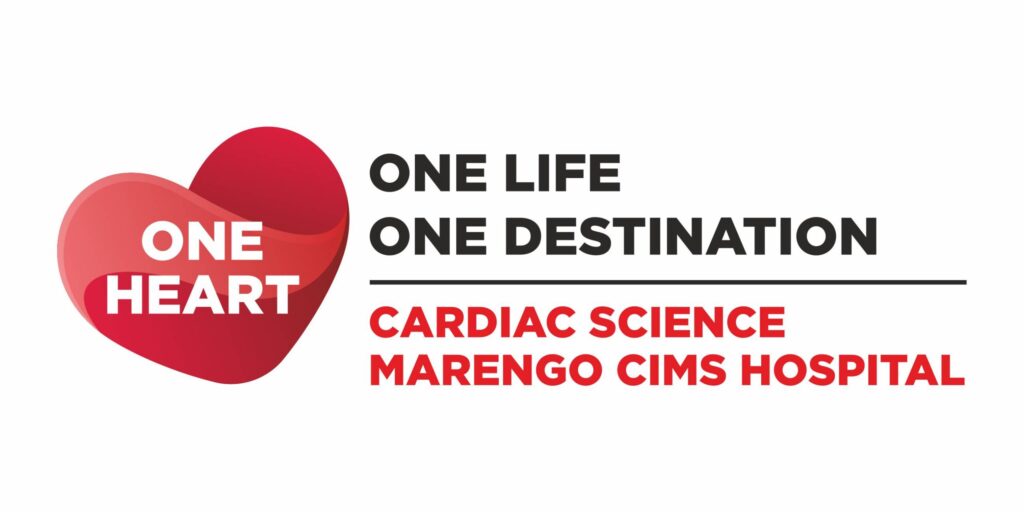Unlocking Heart Health Through Proper Nutrition
Coronary Artery Disease (CAD) – also referred to as coronary heart disease – is a prevalent condition impacting the heart’s blood vessels. It occurs when plaque accumulates in the coronary arteries, restricting blood flow and oxygen delivery. While medical interventions are crucial, adopting a heart-healthy diet can play a significant role in managing CAD and mitigating complications. This guide explores key nutritional strategies to support coronary artery health.
Key Nutrients for Heart Health
- Fiber: Found in whole grains, fruits, vegetables, and legumes, fiber helps lower cholesterol and maintain blood pressure.
- Omega-3 Fatty Acids: Present in fatty fish, walnuts, and flaxseeds, these fats reduce inflammation and CAD risk.
- Antioxidants: Vitamins C and E from berries, citrus, and nuts protect arteries from free-radical damage.
- Potassium: Bananas, oranges, and leafy greens provide potassium, aiding blood pressure regulation.
- Magnesium: Nuts, seeds, and whole grains offer magnesium for heart rhythm and muscle function.
Heart-Healthy Foods
- Fatty Fish: Salmon, mackerel, and trout contain omega-3s for heart rhythm and plaque prevention.
- Berries: Blueberries, strawberries, and raspberries offer antioxidants, fiber, and vitamins.
- Nuts and Seeds: Almonds, walnuts, chia, and flaxseeds provide healthy fats and minerals.
- Leafy Greens: Spinach, kale, and Swiss chard supply magnesium, potassium, and vitamins.
Foods to Limit
- Saturated and Trans Fats: Reduce red meat and processed snacks high in unhealthy fats.
- Sodium: Cut salt intake to maintain blood pressure; avoid processed and canned foods.
- Added Sugars: Minimize sugary drinks and desserts to curb inflammation and weight gain.
The Mediterranean Diet and CAD
The Mediterranean diet aligns well with heart health, focusing on whole foods, healthy fats, lean proteins, and ample fruits and vegetables. Olive oil, a staple, contains heart-friendly monounsaturated fats. This diet discourages processed foods and allows moderate red wine consumption.
Healthy Habits
- Portion Control: Manage portions to prevent overeating and maintain weight.
- Regular Meals: Avoid skipping meals and opt for balanced, nutrient-rich options.
- Hydration: Choose water over sugary drinks for optimal hydration.
- Mindful Eating: Pay attention to hunger cues and adopt mindful eating practices.
Conclusion
Prioritizing heart-healthy nutrition is vital for managing and preventing Coronary Artery Disease. Nutrient-rich foods, limited unhealthy choices, and mindful eating contribute to heart health. Consult healthcare professionals or dietitians before major dietary changes.




